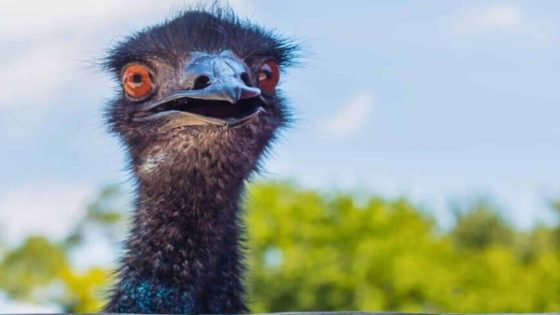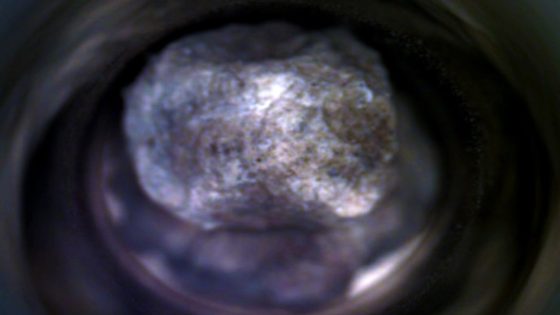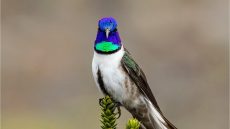New research reveals that emus and rheas, often labeled as “dumb birds,” may actually possess surprising problem-solving skills. A study published on February 21, 2025, challenges long-held beliefs about these flightless birds, suggesting they are more innovative than previously thought.
- Emus and rheas show unexpected intelligence.
- Study reveals technical innovation in birds.
- Dr. Fay Clark leads groundbreaking research.
- Ostriches did not display innovative behavior.
- Research may reshape views on dinosaur cognition.
- Broader studies needed for avian intelligence.
Could these large birds be hiding their intelligence? This groundbreaking study shows they can think critically when faced with challenges, particularly in accessing food.
Emus and Rheas Show Unexpected Problem-Solving Skills in New Study
What if the birds we thought were the least intelligent were actually clever problem solvers? A study led by Dr. Fay Clark from the University of Bristol has shown that emus and rheas can innovate when trying to access food. This challenges the stereotype of these birds as “dumb” and opens up new avenues for understanding avian intelligence.
Implications of Bird Intelligence Research for Understanding Dinosaurs
This study sheds light on the cognitive abilities of palaeognath birds, which include emus, rheas, and ostriches. Understanding their problem-solving skills can offer insights into how their dinosaur ancestors might have behaved. If these birds can innovate, what does that say about the intelligence of dinosaurs? It suggests that some dinosaurs may have had basic problem-solving skills, reshaping our view of prehistoric life.
Key Findings on Emus and Rheas’ Cognitive Abilities
The research revealed fascinating insights into the cognitive capabilities of emus and rheas:
- Emus developed efficient techniques to solve food-access puzzles.
- A male rhea invented a unique method, showcasing unexpected innovation.
- Ostriches, in contrast, did not demonstrate similar problem-solving skills.
- This study marks the first documented evidence of technical innovation in palaeognath birds.
Broader Implications for Avian Intelligence Studies
Dr. Clark emphasizes the importance of studying a diverse range of bird species. Focusing only on well-known intelligent birds like crows and parrots can create an “echo chamber” that overlooks the capabilities of other species. By expanding research to include emus and rheas, scientists can gain a more comprehensive understanding of avian intelligence.
Future Directions in Bird Cognition Research
Looking ahead, researchers plan to explore how various bird species respond to problem-solving tasks. This broader approach could provide new insights into the cognitive abilities of birds and their evolutionary history. As we learn more about these fascinating creatures, we may uncover hidden layers of intelligence in the avian world.

































